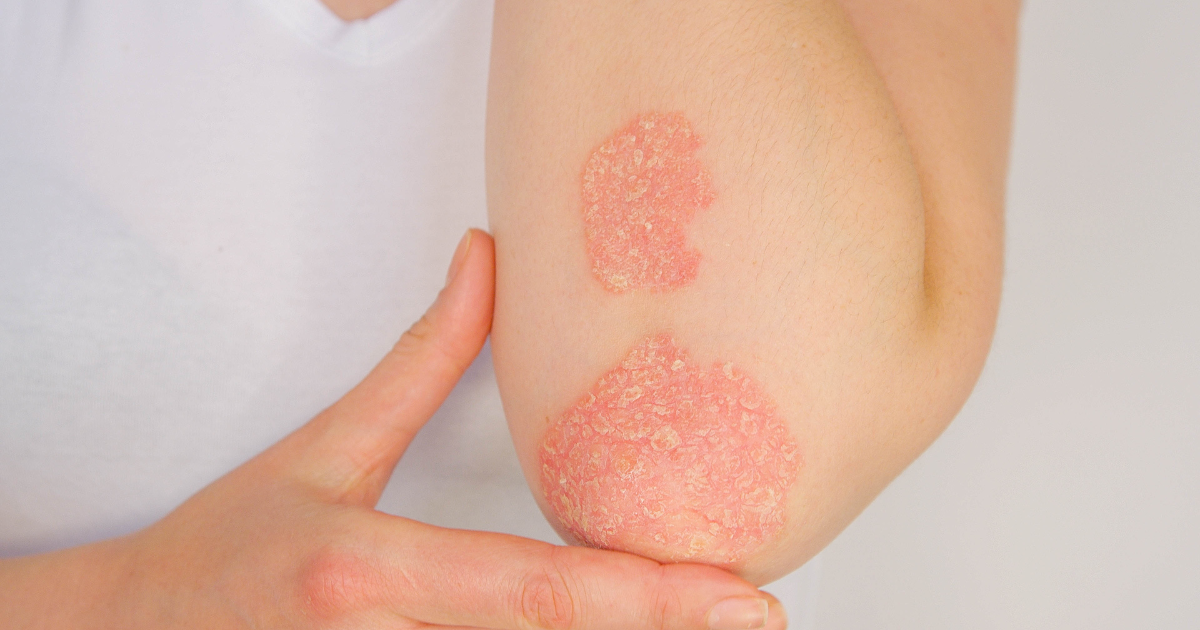Fibromyalgia is a long-term condition that causes pain, fatigue, and cognitive issues. Many wonder, “Can fibromyalgia be cured?” While there’s no complete cure, treatments and lifestyle changes can help manage symptoms effectively. This blog explores how to achieve relief and improve quality of life.
Understanding Fibromyalgia
Fibromyalgia is a condition with multiple contributing factors, including genetics, environment, and nerve function. It affects how the brain processes pain, making individuals more sensitive to pain signals.
Symptoms of fibromyalgia include:
- Chronic widespread pain
- Fatigue and sleep disturbances
- Brain fog or cognitive dysfunction
- Depression and anxiety
- Digestive issues such as irritable bowel syndrome (IBS)
Given the intricate nature of the disorder, the question remains: can fibromyalgia be cured? Understanding the root causes helps guide effective treatment options, but no definitive cure has been established.
Can Fibromyalgia Be Cured?
Currently, there is no scientifically proven fibromyalgia cure. However, this does not mean lifelong suffering. With a combination of effective fibromyalgia treatment, lifestyle adjustments, and emotional support, many individuals successfully manage their symptoms. While a complete cure remains uncertain, some achieve long-term relief and even remission through a personalized approach.
Treatment Approaches for Fibromyalgia
Although fibromyalgia can be cured in terms of symptom management, several treatment options significantly reduce symptoms and improve daily functioning. These include:
1. Medications
Medications play a critical role in fibromyalgia management. Commonly prescribed drugs include:
- Pain relievers: Over-the-counter (OTC) painkillers like acetaminophen and ibuprofen may offer relief for some patients.
- Antidepressants: Medications such as amitriptyline and duloxetine help manage pain and improve sleep.
- Anti-seizure drugs: Gabapentin and pregabalin are approved for fibromyalgia treatment and help reduce nerve-related pain.
While these medications do not mean fibromyalgia can be cured completely, they offer symptomatic relief and improved quality of life.
2. Physical Therapy and Exercise
Regular physical activity is crucial for managing fibromyalgia symptoms. Low-impact exercises like swimming, yoga, and walking help maintain muscle strength and reduce pain. A physical therapist can design a personalized exercise plan to improve mobility and decrease stiffness.
3. Cognitive Behavioral Therapy (CBT)
Mental health is closely linked to fibromyalgia, making psychological support essential. CBT and other forms of counseling help patients cope with chronic pain, reduce stress, and improve emotional resilience.
4. Diet and Nutrition
A balanced diet plays a vital role in managing fibromyalgia symptoms. Anti-inflammatory foods such as fruits, vegetables, whole grains, and lean proteins help reduce flare-ups. Avoiding processed foods, excessive caffeine, and sugar can also make a significant difference.
5. Complementary Therapies
Alternative approaches like acupuncture, meditation, and massage therapy have shown promising results in alleviating fibromyalgia symptoms. These therapies contribute to relaxation and pain relief, although they do not mean fibromyalgia can be cured entirely.
The Role of Lifestyle Changes
Since fibromyalgia can be a lifelong condition, adopting a healthy lifestyle is essential for managing its symptoms effectively. Here are some key lifestyle modifications:
- Establish a consistent sleep routine: Poor sleep worsens fibromyalgia symptoms, so maintaining good sleep hygiene is crucial.
- Manage stress levels: Practicing mindfulness, deep breathing, and engaging in hobbies can help reduce stress and prevent flare-ups.
- Maintain a healthy weight: Excess weight can increase pain and fatigue, making it important to follow a balanced diet and exercise plan.
- Stay hydrated: Proper hydration supports overall health and can help with muscle function and energy levels.
Can Fibromyalgia Be Cured Naturally?
Many patients inquire about natural remedies for fibromyalgia, hoping that dietary supplements, herbal treatments, or holistic practices might offer a cure. While some natural approaches improve symptoms, scientific research has yet to confirm that fibromyalgia can be cured using these methods alone. Some beneficial natural remedies include:
- Magnesium supplements: May help with muscle relaxation and reduce cramping.
- Vitamin D: Deficiency in vitamin D has been linked to chronic pain, so ensuring adequate levels may be beneficial.
- Turmeric and ginger: Known for their anti-inflammatory properties, these herbs may help manage pain.
Hope for the Future: Advancements in Fibromyalgia Research
While current treatments focus on symptom management, ongoing research provides hope that fibromyalgia can be cured in the future. Scientists are exploring new therapies, including:
- Neurostimulation techniques: Targeting the brain’s pain-processing pathways to reduce hypersensitivity.
- Genetic research: Identifying genetic markers that may lead to more personalized treatment approaches.
- New medications: Developing drugs that directly target the root causes of fibromyalgia rather than just alleviating symptoms.
Frequently Asked Questions
1.Can you recover from fibromyalgia?
Fibromyalgia is a chronic condition, but with proper treatment, many people achieve significant symptom relief and long-term management.
2.Can you have a normal life with fibromyalgia?
Yes, with lifestyle changes, medical treatment, and self-care strategies, many individuals lead fulfilling lives despite fibromyalgia.
3.Can fibromyalgia be caused by stress?
Stress does not directly cause fibromyalgia, but it can trigger or worsen symptoms in those already predisposed.
4.What is the best way to deal with fibromyalgia?
A combination of medications, exercise, stress management, and a healthy lifestyle is the most effective approach.
5.What exercise is good for fibromyalgia?
Low-impact activities like swimming, yoga, walking, and stretching help manage symptoms without worsening pain.
6.Is fibromyalgia a lifetime disease?
Fibromyalgia is a chronic condition, but symptoms can be managed, and some individuals experience long periods of remission.
7.Has anyone been cured of fibromyalgia?
There is no confirmed cure, but some individuals achieve significant relief through comprehensive treatment plans.
8.Which medicine is best for fibromyalgia?
Medications like pregabalin, duloxetine, and amitriptyline are commonly prescribed to manage pain and symptoms.
9.Is there a permanent cure for fibromyalgia?
Currently, no permanent cure exists, but ongoing research may lead to breakthroughs in the future.
10.How long does fibromyalgia last?
Fibromyalgia is a long-term condition, but symptom severity varies, and effective management can improve quality of life.
Conclusion
Fibromyalgia can be cured in terms of effective management and symptom relief, even though a definitive cure remains elusive. With treatment, lifestyle changes, and support, many find significant improvement. Stay hopeful, explore options, and work with healthcare professionals. Fibromyalgia doesn’t have to define your life.





